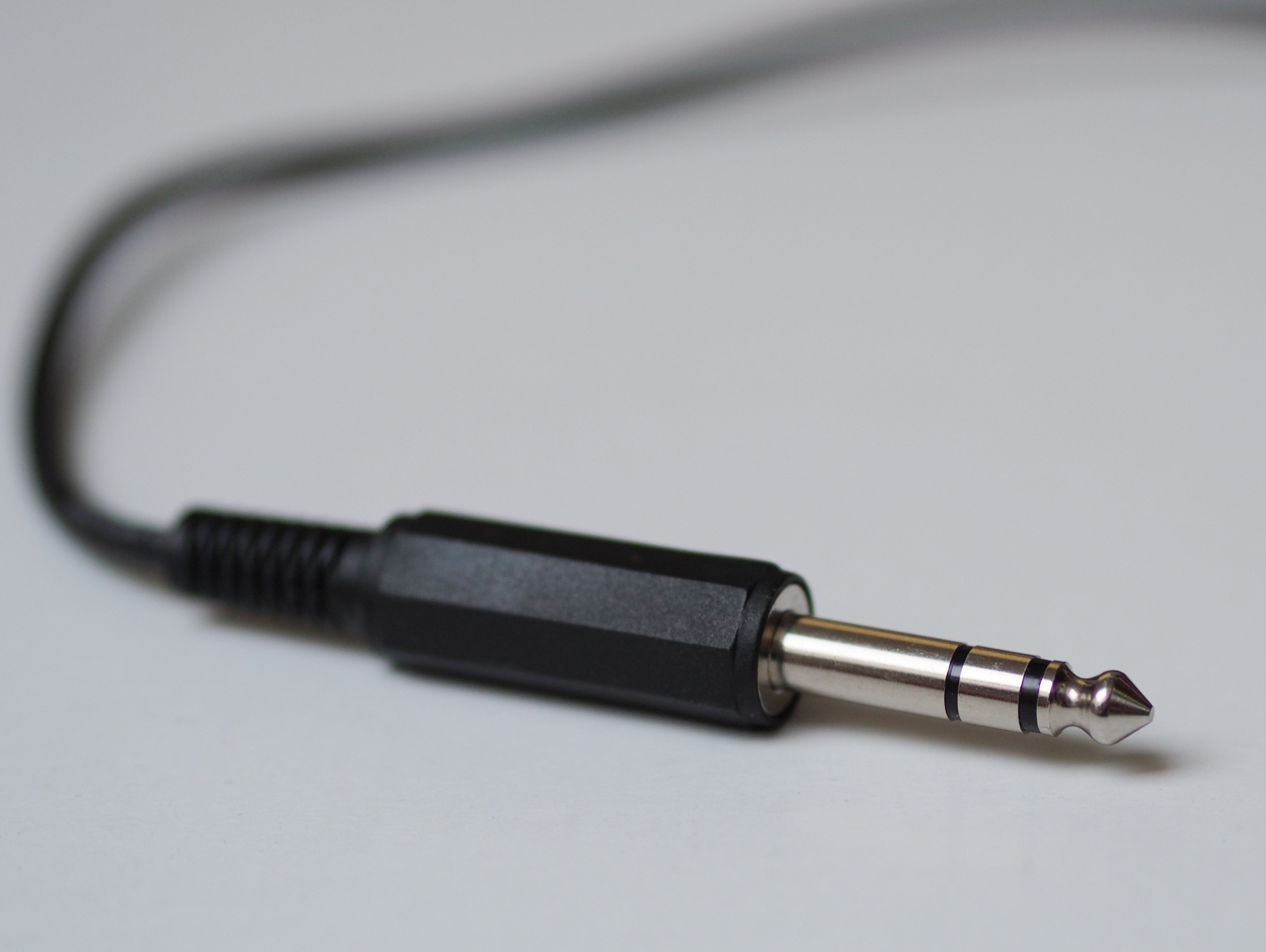On Sept. 7, 2016, tragedy struck the nation. The aux cord, guardian and friend of music lovers everywhere, passed away.
He was too young.
Although the cause of death has yet to be determined, police haven’t ruled out the possibility of foul play. Hours before the cord was found, Philip Schiller, senior vice president of Apple, unveiled the iPhone 7 to the public. While the iPhone 7 is supposedly the most technologically advanced iPhone to date, there’s one crucial element missing — the aux cord’s partner in crime, the headphone jack.
“The reason to move on … really comes down to one word: courage,” said Schiller. “Courage to move on, do something new, that betters all of us.”
How can he possibly expect us to move on? Since the beginning, the aux cord strived to make this world a better place for people to live in. He was there through energetic sing-along car rides, unforgettable moments of new music discovery and countless hours of questionable remixes at local frats. He was present at bad times as well, remaining dedicated when violent acts of road rage hit and when tears threatened to fall after a bad breakup.
Despite the world’s incredible loss, Apple supporters are already trying to appease mourners with talk about “lightning adapters” and “AirPods.” To those people, I kindly ask you to let us mourn in peace. Now instead of a buying a knockoff pair of headphones from the local drugstore, customers are going to have to drop $159 on AirPods — technology that’s not only unbelievably uncomfortable, but also runs a high risk of getting lost within the first week of purchase. And if a customer decides to opt out of the AirPods, they’ll have to use a clunky adapter. The whole process defeats the purpose of Apple’s aim to make life simpler.
Try as I might to deny it, the aux cord’s death will not be avenged. Despite public complaints, Apple already predicts that they’ll have an opening weekend sellout. Ultimately, consumers will still go out and buy the newest iPhone, no matter the inherent flaw that comes along with it. They will do anything to keep up with technology, yet in doing so will forget the whole reason why the iPod, and subsequently the iPhone, was created in the first place — to provide an easy, uncomplicated way to portably listen to music.
Try as they might to forget about him, the aux cord’s death will almost certainly rock the playlists of future generations to come. People will try to tear him down, say those who believe in him are ancient and stuck in the past. Don’t listen. Those who truly felt the unadulterated joy brought on by the aux cord know how special he was, and aren’t likely to forget him anytime soon.
Rest in peace, aux cord. You will be missed.



